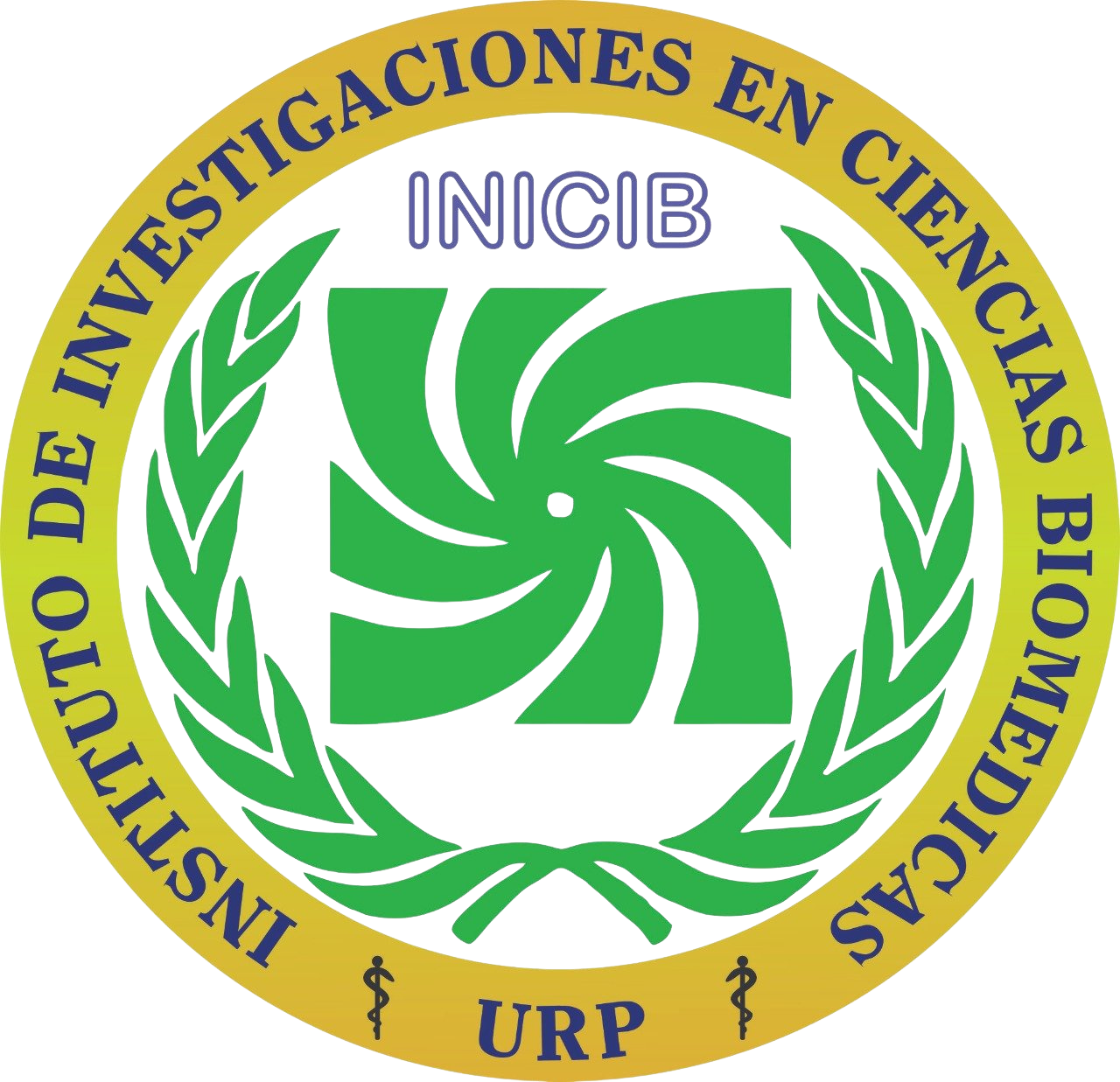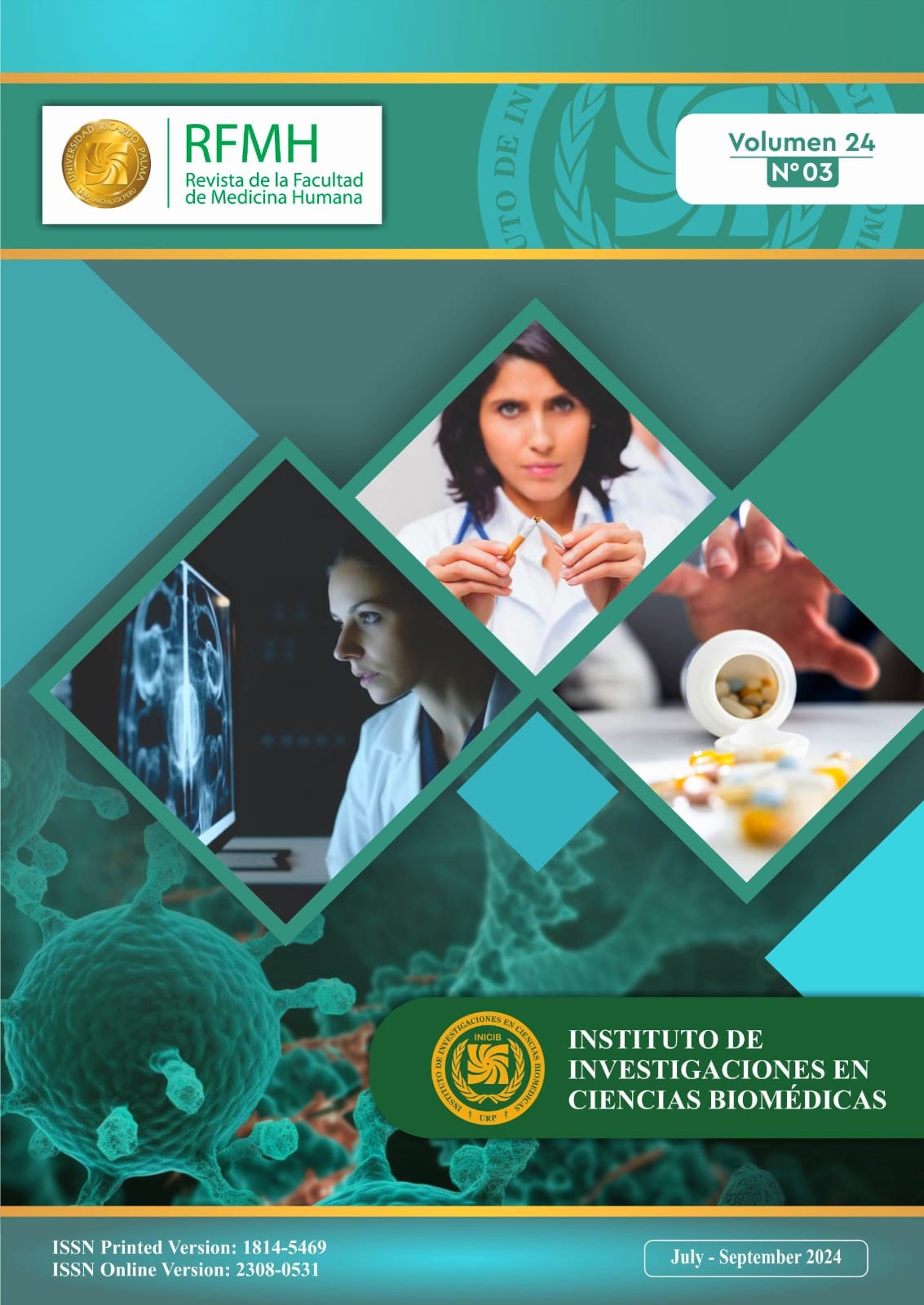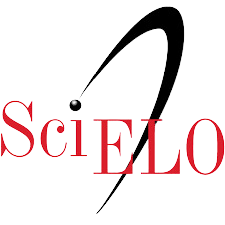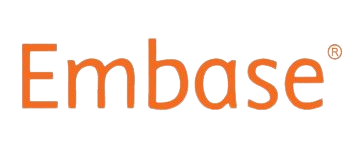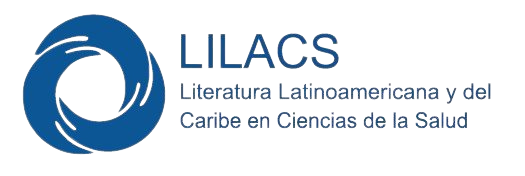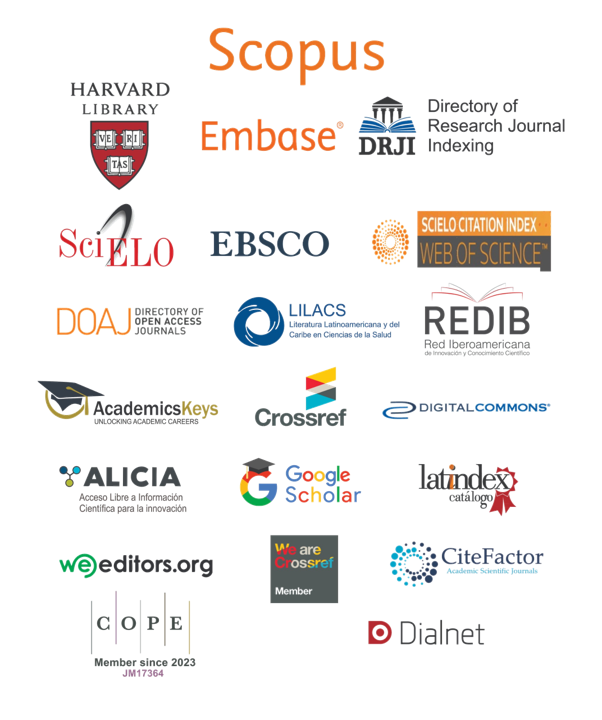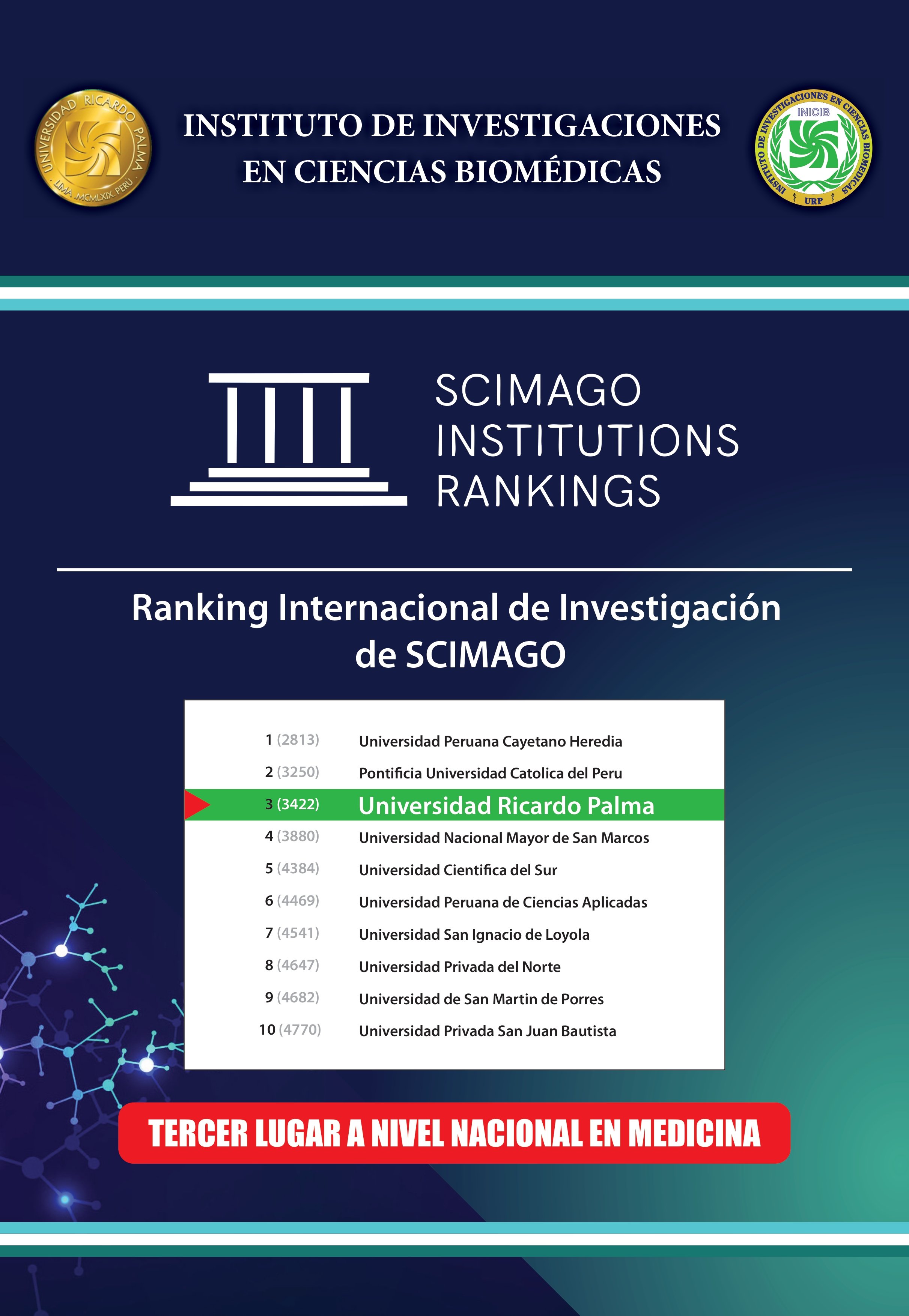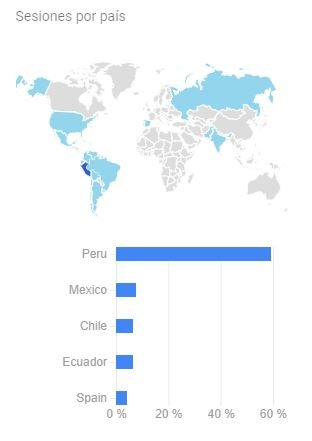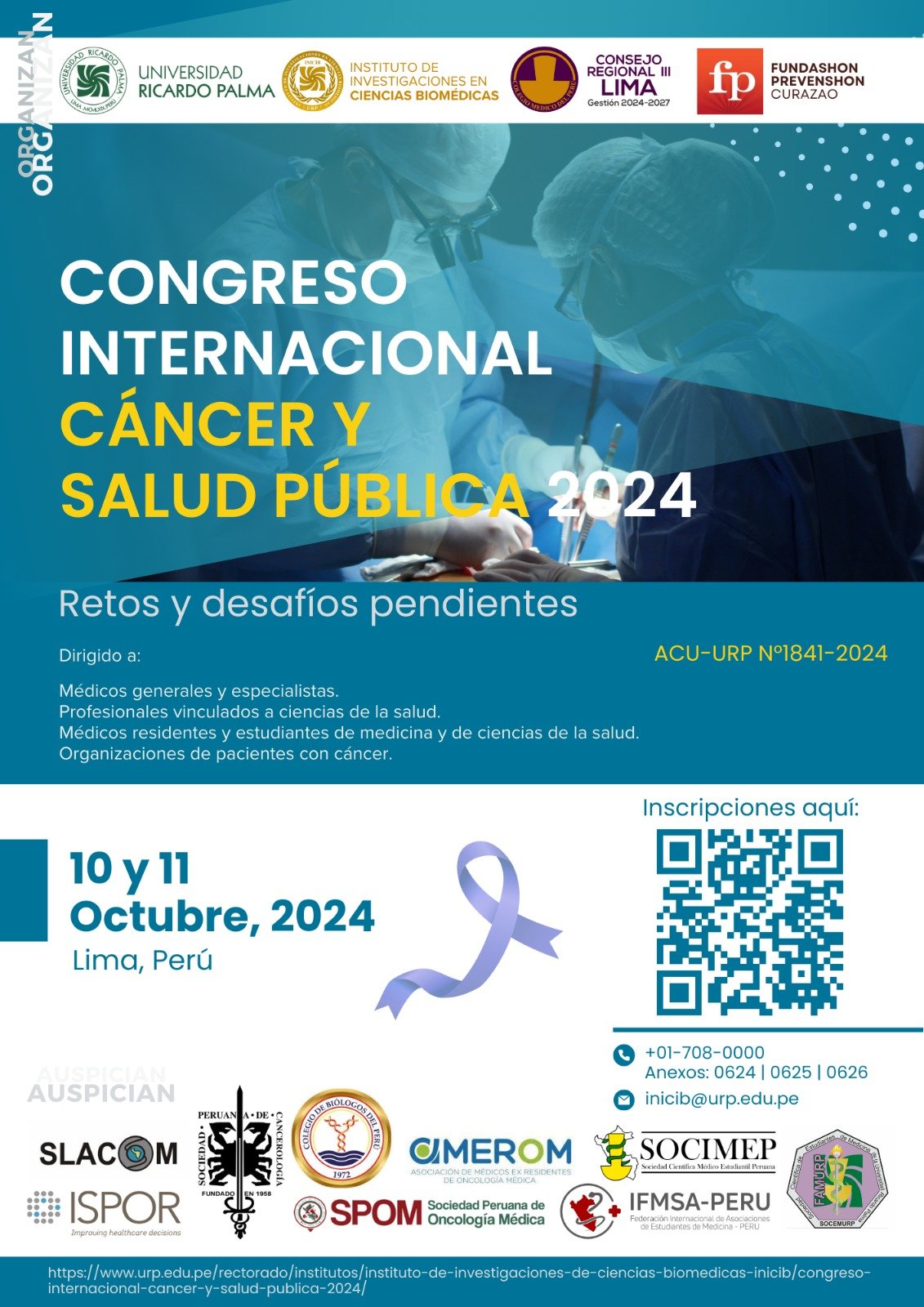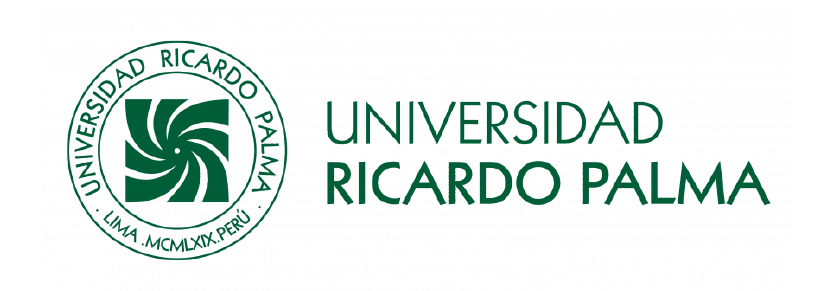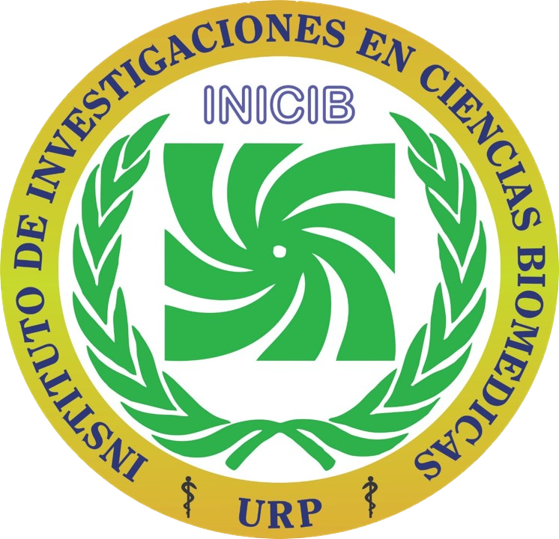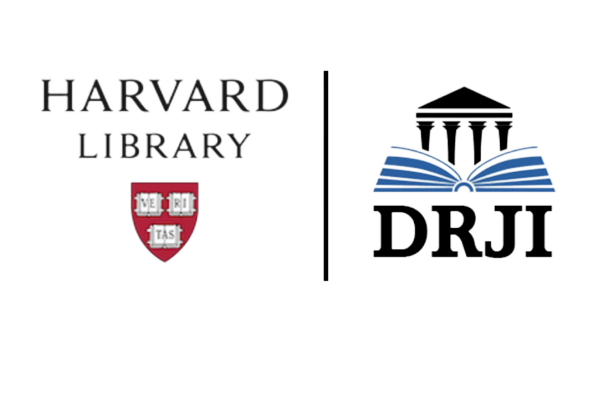Vocación médica, más allá del deber de cuidar: Revisión de la literatura desde el aspecto ético y filosófico
Medical vocation, beyond the duty of care: a review of literature from ethical and philosophical perspectives
DOI:
https://doi.org/10.25176/RFMH.v23i3.5635Palabras clave:
vocación médica, ética, empatía, resiliencia, educación médicaResumen
Este artículo de revisión examina la vocación médica como un fenómeno que va más allá del simple deber de cuidar a los pacientes, centrándose en la importancia del compromiso ético, la empatía y la resiliencia en la práctica médica. Se discuten las implicaciones para la formación de médicos y la práctica clínica.
Descargas
Citas
Brody H, Doukas D. Professionalism: a framework to guide medical education. Med Educ 2014;48:980-7. https://doi.org/10.1111/medu.12520.
Cruess RL, Cruess SR. Teaching Medical Professionalism: Supporting the Development of a Professional Identity. Cambridge University Press; 2018.
Epstein RM, Hundert EM. Defining and assessing professional competence. JAMA 2002;287:226-35. https://doi.org/10.1001/jama.287.2.226.
Hojat M, Louis DZ, Markham FW, Wender R, Rabinowitz C, Gonnella JS. Physicians’ empathy and clinical outcomes for diabetic patients. Acad Med 2011;86:359-64. https://doi.org/10.1097/ACM.0b013e3182086fe1.
Ludmerer KM. Let me heal: The opportunity to preserve excellence in American medicine. Oxford University Press; 2015.
Pellegrino ED, Thomasma DC. A philosophical basis of medical practice: Toward a philosophy and ethic of the healing professions. Oxford University Press; 1981.
Beauchamp TL, Childress JF. Principles of biomedical ethics. Oxford University Press; 2013.
Cruess RL, Cruess SR, Steinert Y. Medicine as a community of practice: Implications for medical education. Acad Med 2018;93:185-91. https://doi.org/10.1097/ACM.0000000000001826.
Lo B. Resolving ethical dilemmas: A guide for clinicians. Lippincott Williams & Wilkins; 2013.
Goldie J. The formation of professional identity in medical students: considerations for educators. Med Teach 2012;34:e641-8. https://doi.org/10.3109/0142159X.2012.687476.
Eckles RE, Meslin EM, Gaffney M, Helft PR. Medical ethics education: where are we? Where should we be going? A review. Acad Med 2005;80:1143-52. https://doi.org/10.1097/00001888-200512000-00020.
Decety J, Jackson PL. The functional architecture of human empathy. Behav Cogn Neurosci Rev 2004;3:71-100. https://doi.org/10.1177/1534582304267187.
Kim SS, Kaplowitz S, Johnston MV. The effects of physician empathy on patient satisfaction and compliance. Eval Health Prof 2004;27:237-51. https://doi.org/10.1177/0163278704267037.
Rakel D, Barrett B, Zhang Z, Hoeft T, Chewning B, Marchand L, et al. Perception of empathy in the therapeutic encounter: effects on the common cold. Patient Educ Couns 2011;85:390-7. https://doi.org/10.1016/j.pec.2011.01.009.
Shanafelt TD, Boone S, Tan L, Dyrbye LN, Sotile W, Satele D, et al. Burnout and satisfaction with work-life balance among US physicians relative to the general US population. Arch Intern Med 2012;172:1377-85. https://doi.org/10.1001/archinternmed.2012.3199.
Kelm Z, Womer J, Walter JK, Feudtner C. Interventions to cultivate physician empathy: a systematic review. BMC Med Educ 2014;14:219. https://doi.org/10.1186/1472-6920-14-219.
Charon R. The patient-physician relationship. Narrative medicine: a model for empathy, reflection, profession, and trust. JAMA 2001;286:1897-902. https://doi.org/10.1001/jama.286.15.1897.
Dobkin PL, Hutchinson TA. Teaching mindfulness in medical school: where are we now and where are we going? Med Educ 2013;47:768-79. https://doi.org/10.1111/medu.12200.
Lown BA, Muncer SJ, Chadwick R. Can compassionate healthcare be measured? The Schwartz Center Compassionate Care ScaleTM. Patient Educ Couns 2015;98:1005-10. https://doi.org/10.1016/j.pec.2015.03.019.
Gleichgerrcht E, Decety J. Empathy in clinical practice: how individual dispositions, gender, and experience moderate empathic concern, burnout, and emotional distress in physicians. PLoS One 2013;8:e61526. https://doi.org/10.1371/journal.pone.0061526.
Howe A, Smajdor A, Stöckl A. Towards an understanding of resilience and its relevance to medical training: Resilience and its relevance to medical training. Med Educ 2012;46:349-56. https://doi.org/10.1111/j.1365-2923.2011.04188.x.
Epstein RM, Krasner MS. Physician resilience: what it means, why it matters, and how to promote it. Acad Med 2013;88:301-3. https://doi.org/10.1097/ACM.0b013e318280cff0.
West CP, Dyrbye LN, Erwin PJ, Shanafelt TD. Interventions to prevent and reduce physician burnout: A systematic review and meta-analysis. The Lancet 2016;388:2272-81.
Dyrbye LN, Thomas MR, Shanafelt TD. Systematic review of depression, anxiety, and other indicators of psychological distress among US and Canadian medical students. Academic Medicine 2006;81:354-73.
Shapiro SL, Astin JA, Bishop SR, Cordova M. Mindfulness-based stress reduction for health care professionals: Results from a randomized trial. Int J Stress Manag 2005;12:164-76. https://doi.org/10.1037/1072-5245.12.2.164.
Panagioti M, Panagopoulou E, Bower P, Lewith G, Kontopantelis E, Chew-Graham C, et al. Controlled interventions to reduce burnout in physicians: A systematic review and meta-analysis: A systematic review and meta-analysis. JAMA Intern Med 2017;177:195-205. https://doi.org/10.1001/jamainternmed.2016.7674.
Goleman D. Emotional intelligence: Why it can matter more than IQ. Bantam Books; 1995.
Kabat-Zinn J. Mindfulness-based interventions in context: Past, present, and future. Clin Psychol (New York) 2003;10:144-56. https://doi.org/10.1093/clipsy.bpg016.
Wallace JE, Lemaire JB, Ghali WA. Physician wellness: a missing quality indicator. Lancet 2009;374:1714-21. https://doi.org/10.1016/S0140-6736(09)61424-0.
Branch WT, Pels RJ, Hafler JP. Teaching medical students and residents how to work with difficult patients. Journal of General Internal Medicine 1997;12:715-8.
Wald HS, Borkan JM, Taylor JS, Anthony D, Reis SP. Fostering and evaluating reflective capacity in medical education: developing the REFLECT rubric for assessing reflective writing. Acad Med 2012;87:41-50. https://doi.org/10.1097/ACM.0b013e31823b55fa.
Dornan T, Hadfield J, Brown M, Boshuizen H, Scherpbier A. How can medical students learn in a self-directed way in the clinical environment? Design-based research. Med Educ 2005;39:356-64. https://doi.org/10.1111/j.1365-2929.2005.02112.x.
Shapiro J, Morrison E, Boker J. Teaching empathy to first year medical students: evaluation of an elective literature and medicine course. Educ Health (Abingdon) 2004;17:73-84. https://doi.org/10.1080/13576280310001656196.
Sinsky CA, Willard-Grace R, Schutzbank AM, Sinsky TA, Margolius D, Bodenheimer T. In search of joy in practice: a report of 23 high-functioning primary care practices. Ann Fam Med 2013;11:272-8. https://doi.org/10.1370/afm.1531.
Dewa CS, Loong D, Bonato S, Trojanowski L, Rea M. The relationship between resident burnout and safety-related and acceptability-related quality of healthcare: a systematic literature review. BMC Med Educ 2017;17:195. https://doi.org/10.1186/s12909-017-1040-y.
Lavezzoli G, Curcio G, Hawkins M, Anastasi F. A mixed methods evaluation of adult tier 2 weight management service provision across a county in Northern England. BMC Health Services Research 2017;17.
Wartman SA, Combs CD. Reimagining medical education in the age of AI. AMA J Ethics 2019;21:E146-152. https://doi.org/10.1001/amajethics.2019.146.
Frenk J, Chen L, Bhutta ZA, Cohen J, Crisp N, Evans T, et al. Health professionals for a new century: transforming education to strengthen health systems in an interdependent world. Lancet 2010;376:1923-58. https://doi.org/10.1016/S0140-6736(10)61854-5.

Descargas
Publicado
Cómo citar
Número
Sección
Licencia
Derechos de autor 2023 Revista de la Facultad de Medicina Humana

Esta obra está bajo una licencia internacional Creative Commons Atribución 4.0.


